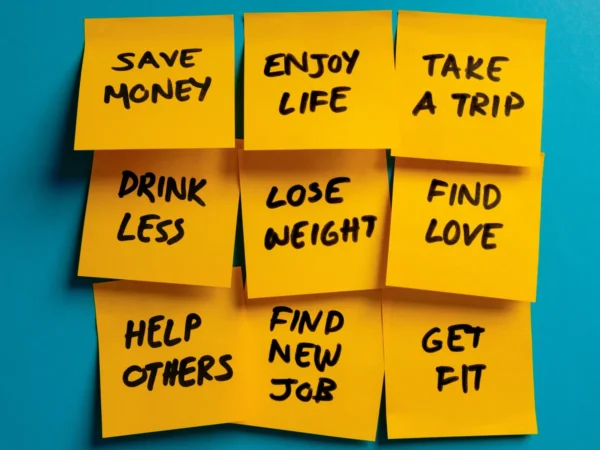
How to Help a Friend or Relative with their Anxieties and Depression

Do you know a friend or loved one who suffers from fear, anxiety, and depression and do not know what to do? He/she may have chosen to share with you that they’re experiencing a serious episode of depression and now, a heavy responsibility has been bestowed on you — you’re worried for them of course, and you’re not sure how to be the supportive friend that you’d like to be.
It can be frustrating to watch someone you know suffer and not be able to help them.
Here are 6 ways to help the person cope in these kinds of situations and the best way to deal with anxiety.
1. Learn as much as you can in managing anxiety and depression: There are many books and information that will educate you on how to deal with fear and anxiety. Share this information with the person who is struggling with their mental health issues.
You should make it clear that you are open and willing to talk with them about their depression, that you don’t want there to be any stigma around mental health in your relationship, and that you’re always available to talk when they’re ready.
2. Be understanding and patient with the person struggling with their fears: Dealing with depression and anxiety can be difficult for the person so do not add more problems than what is already there. You do not want to get into arguments with the person who is having a difficult time with their anxieties.
Make offers to help in specific ways — “would it be helpful if I took care of _____ for you, while you’re working on recovering?” for example.
Make it clear to your friend that you would be glad to pitch in if there’s any way that you can help. Keep in mind that depressed people feel worthless, and feel like they don’t deserve your help, so they might need nudging to realize which small tasks you could do to support them.
3. Talk to the person instead of talking at them: It is important not to lecture the person who is struggling with anxiety and depression. Talk to the person about their issues without being rude. Most people will listen if you approach them in a proper manner.
4. Get Help: Seek help from a professional who can help your friend or relative with their mental health struggles. A counselor can give you advice and ideas on how to overcome anxiety, fear, and depression. Getting help from a professional is the number one priority in helping your loved one deal with fear and anxiety. Joining a local mental health support group can also be helpful. Talk to your doctor to get more information about potential groups in your area.
5. Talk to the person on what will happen if they do not get help: Another way to convince the person who is struggling with fear and depression is to tell them what may happen if they don’t get some assistance. Anxiety and depression can make things worse and usually it won’t go away by itself without some kind of treatment.
6. Find Out The Reasons Why The Person Won’t Get Help: Address the issues on why the person will not get the necessary help. Many people who are struggling are fearful and frustrated. Try to find out the reasons why he or she won’t get the help they need and then try to find ways that will overcome their resistance of seeking assistance.













































